Dental Implants — Precautions
Are there any reasons we can’t do dental implants? Are there any what we call contraindications? Are there any health or physical reasons why we cannot do dental implants? Basically, anybody can have an implant.
If you’re missing any natural teeth, you can potentially have an implant. And there are very few contraindications but there is a few. Okay? A lot of times people think age is a factor. They say, “Well, I’m too old,” and I’ve had people say, “Well I’m 50. I’m too old.” I’ve also had people say, “I’m 80. I’m too old.” Age is actually not a factor except in the low end. Anybody who’s a teenager or younger would want to wait until their teeth have finished developing, the teeth have finished growing, and of course their jaws have finished growing.
So we generally don’t do implants on anyone who’s younger than 18 years of age. Oftentimes, we wait maybe a year or two after that. On the upper end, there is no upper end.
Who Shouldn’t get Dental Implants?
As long as a person is healthy, there is no reason why we cannot place dental implants. But there are a few health concerns that we have to be aware of that may not make a person a good candidate for dental implants. One of them is diabetes. A large portion of the population does have diabetes and I have treated a lot of diabetic patients successfully, however, if somebody has diabetes, it doesn’t matter if it’s type 1 or type 2, if it’s not well controlled, if their blood sugars are yo-yoing all over the place, then they’re going to have a poor healing response. Their immune system will not work very well, and they’re going to have poor healings, both soft tissue and bone, so it doesn’t mean we can’t do implants for those people, however we need to get their blood sugars and their diabetes under control before we proceed.
Pregnancy is an obvious one, of course. Anybody who’s pregnant, we’re not going to go and do any type of elective procedure. We’re going to wait until afterwards. Any type of immune deficiency is also a contraindication. There’s some people that do have some immune issues, but they may not be immune compromised. However, anybody who has a very weak, poor immune system, they’re not going to deal well and heal well surgically so we have to be very cautious, careful, or maybe not even consider doing implants on those patients. Anybody who might be a risk for elective surgery is also not a good candidate for dental implants.
One thing that comes to mind is recent heart attack. Someone who’s had a heart attack, if it’s been within the last six months, we’re going to wait until things are stabilized, and we have the okay from the cardiologist that this person is fine.
A lot of patients have had stents, they’ve had bypasses, they’ve had past cardiac arrests, heart attacks, and they’re fine, everything is stable, there’s no reason why we can’t go ahead and do implants. If they have stress, if they have concerns, if they have anxieties about the procedure, about coming in and doing the dentistry, or doing surgery implants, then we deal with that with sedation and other techniques to help keep that person calm and relaxed and/or sleep through the procedure.
Dental Implants and Osteoporosis
Another thing that has come about more recently with our aging population and the incidents of osteoporosis, there’s a class of medications called bisphosphonates. One of them that’s well known is called Fosamax. That’s one of the first medications that came out that’s been given to people to reduce the amount of bone density that’s being lost in their bones, and for some people who actually have had cancers, and bone cancers, or cancers that have spread to the bones, they’ve also been given this medication in extremely high doses, typically intravenous, over the course of many weeks or months and those people, if they’ve had these high doses of these medications, have very poor bone healing.
The way the medication works is the normal churning over of the bone that occurs, the normal healing of the bone that occurs happens very slowly, so hence, if they have an implant put in place which requires bone healing, that may not heal very well. In fact, the same thing would occur for that person if they so much as had a tooth removed, and sometimes even if the denture rubs on the gums, or if they hit their gums with a toothbrush, sometimes they can have an area where bone gets exposed and they have very poor healing.
So we have to be very cautious and aware of that and you as an individual, also have to be aware of potential implications of some of those medications or anything that is in your health history.

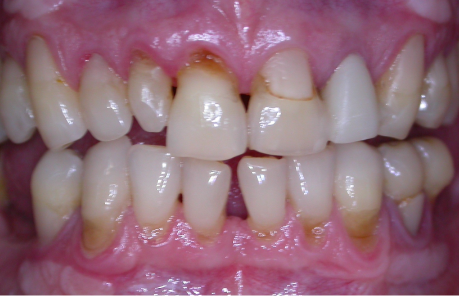
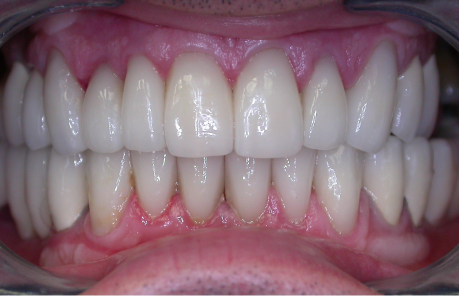
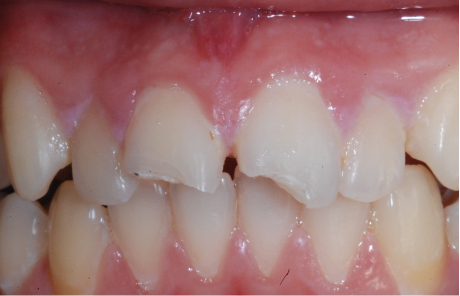
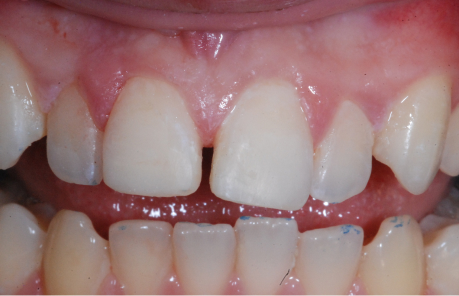
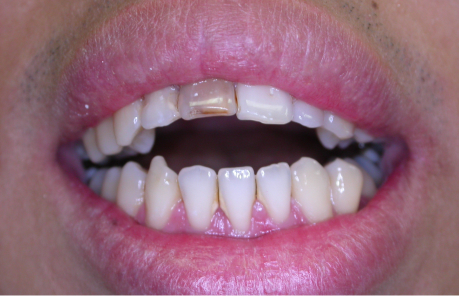
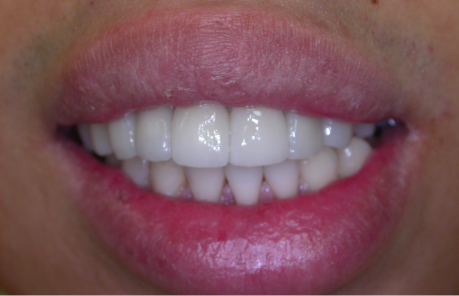
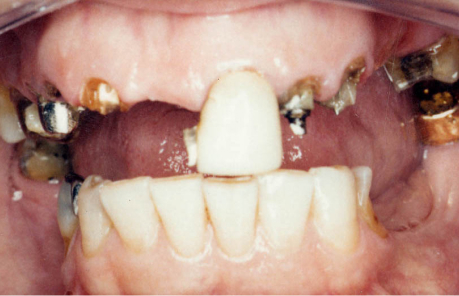
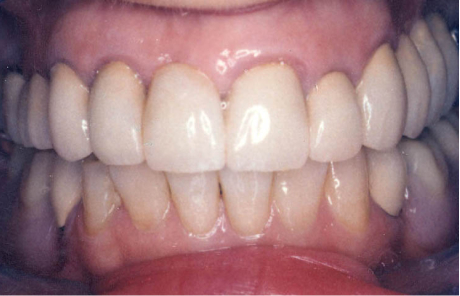
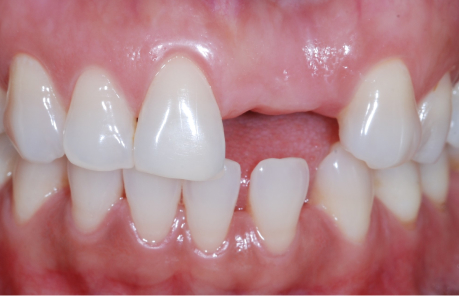
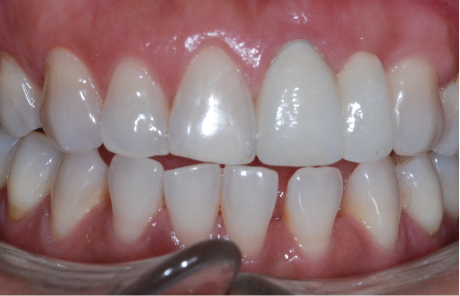

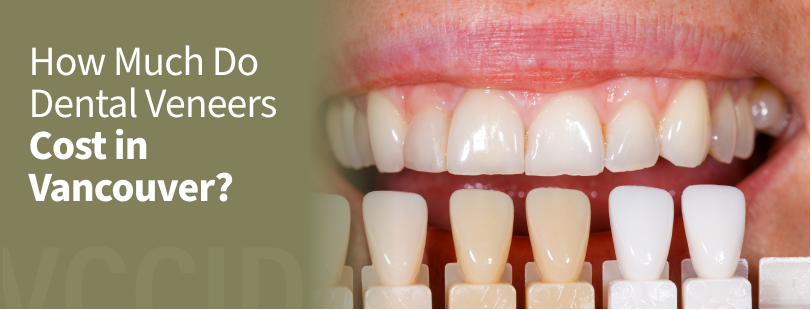
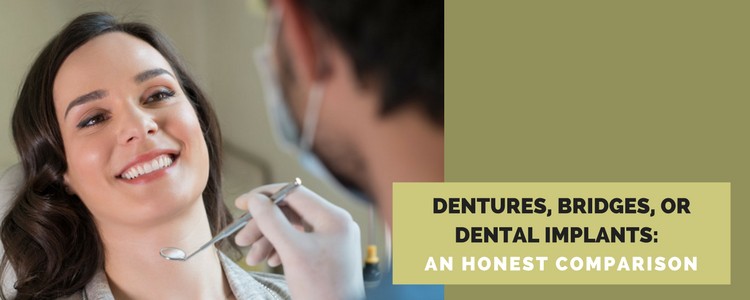



1 thought on “Precautions of Dental Implants — Are You A Candidate?”
Thank you Your information is very helpful